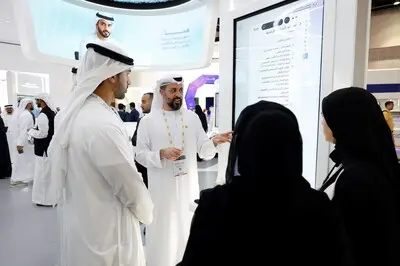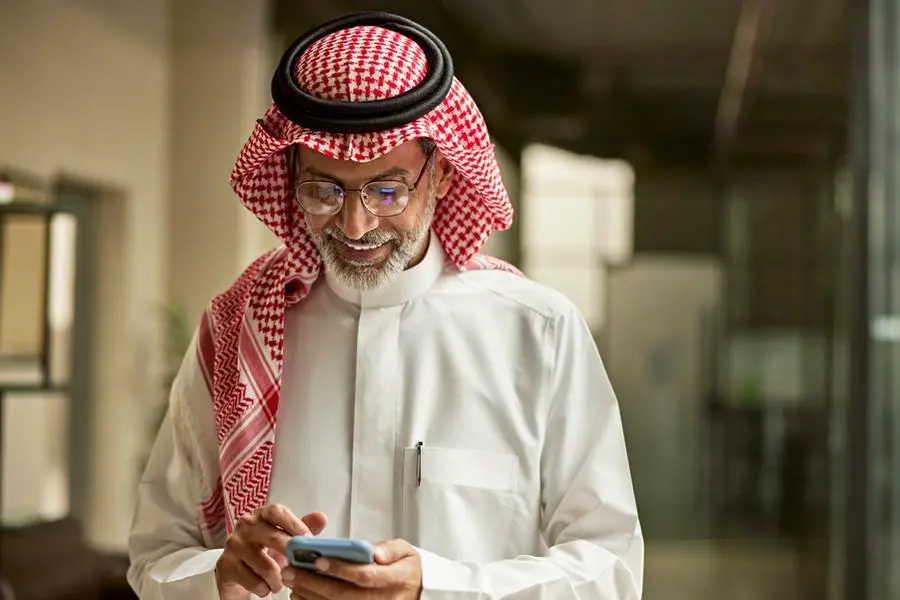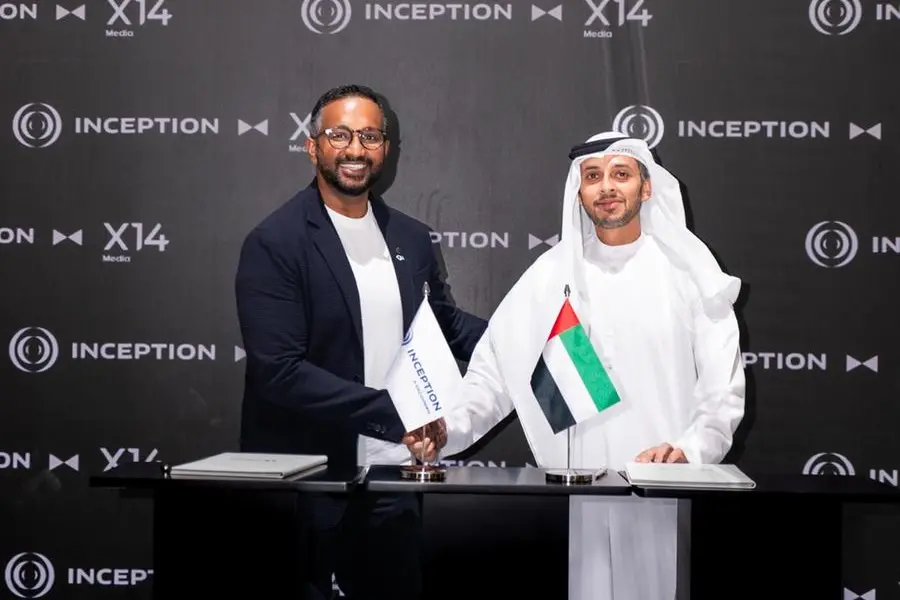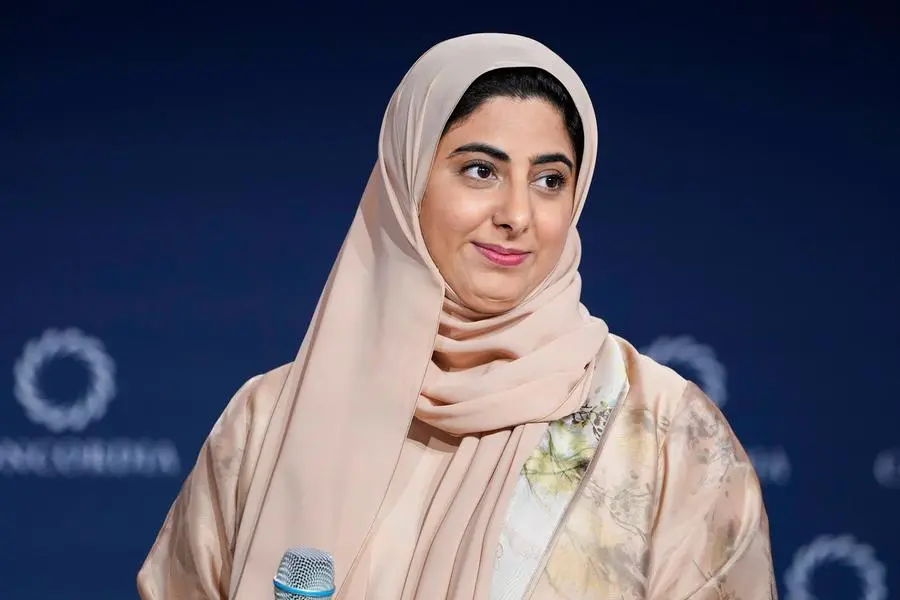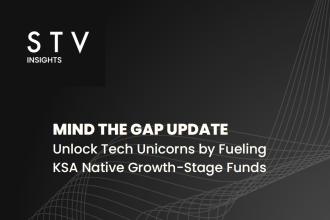While Artificial Intelligence is widely seen as a revolutionary force in healthcare, new research from Dr. Ahmed Zahlan, a recent PhD graduate from the Africa Business School at Mohammed VI Polytechnic University (UM6P), reveals the significant and often underestimated hurdles that startups in this sector face. Based on in-depth interviews with founders from 55 AI healthcare startups, Dr. Zahlan’s study provides a critical roadmap for founders, investors, and policymakers aiming to navigate this complex landscape.
The Double Complexity of AI in Healthcare
Dr. Zahlan’s research frames the core challenge as a “double bind,” where startups must simultaneously navigate the complexities of two highly demanding systems. On the healthcare side, innovators contend with fragmented clinical workflows, rigid regulatory processes, and slow adoption rates by risk-averse institutions. The average time for a medical discovery to reach routine clinical practice can be as long as 17 years.
On the AI side, startups face the technical hurdles of assembling large, high-quality, and well-labelled datasets, engineering robust and unbiased models, and meeting demands for explainability and patient safety. When combined, these challenges amplify the “liability of newness,” making it difficult for new ventures to gain the legitimacy, trust, and funding needed to survive and scale.
Diverse Teams as a Competitive Advantage
A key finding from the study is the critical importance of a diverse founding team. Startups that successfully bridge the gap between technology and clinical application often have a blend of expertise. Dr. Zahlan found that teams combining clinical credibility (doctors, chief medical officers) with technical fluency (engineers, data scientists) and commercial experience were far better equipped to engage with hospitals, run clinical validations, and communicate their value to investors and regulators. The practical advice from the research is direct: “Get a doctor with you.” A clinician co-founder or advisor provides essential legitimacy and patient-centered design insights that are crucial for success.
Data Moats and the Danger of ‘AI Washing’
Across the interviews, data emerged as the single most important strategic asset. Founders with access to proprietary, well-curated patient datasets are in a much stronger position to raise capital, build defensible technology, and demonstrate real clinical value. However, the study also issues a stern warning against “AI washing”—the practice of branding a product as AI-driven when it relies on simple algorithms or lacks genuine machine learning capabilities.
This trend, often used to attract funding and media attention, poses a significant risk. The real danger, Dr. Zahlan explains, is not just misleading investors but building solutions that fail to address actual healthcare problems. The focus must be on first identifying a clinical need, not forcing an AI solution where a simpler approach would be more effective.
A Blueprint for Morocco’s Healthtech Ecosystem
Dr. Zahlan’s findings offer actionable insights for Morocco as it accelerates its national AI and digital transformation strategy. The success of Moroccan healthtech startup DeepEcho, which recently secured U.S. FDA clearance for its AI-powered fetal ultrasound platform, demonstrates that local teams can compete on a global scale. To replicate this success, the research suggests three priorities for the ecosystem: developing secure and interoperable electronic health records to build locally-relevant AI models, integrating applied AI and entrepreneurship into medical curricula, and creating more healthcare-focused incubators and regulatory pathways that facilitate clinical trials within trusted hospital networks.
About Mohammed VI Polytechnic University (UM6P)
Mohammed VI Polytechnic University (UM6P) is a Moroccan non-profit private research university located in Benguerir. Its vision is to be a hub of education, research, innovation, and entrepreneurship, with a focus on contributing to the economic and human development of Africa. The university is committed to applied research and innovation relevant to the continent’s challenges, particularly in areas such as sustainable agriculture, mining, renewable energy, and digital technology.
Source: Morocco World News



